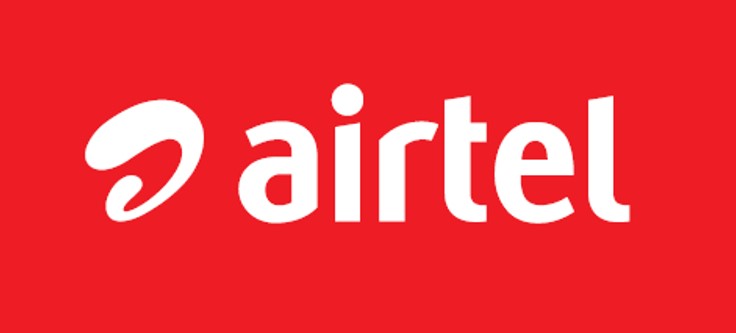
Leading telecoms operator, Airtel Nigeria, has announced plans to set up a Payment Service Bank (PSB) in Nigeria, following the Central Bank of Nigeria (CBN) issuance of guidelines for licensing PSB in the country.
The telco also commended the CBN for issuing guidelines for licensing of Payment Service Banks (PSBs) in Nigeria, saying the move will help promote financial inclusion as well as enhance access to financial services to the rural poor, low income earners and financially excluded of the society.
Airtel says it will apply for the PSB license through a subsidiary and in line with the CBN guidelines as it has a vision of becoming the largest and most secured PSB in Nigeria.
With a subscriber base of over 40 million customers, retail footprint across major nooks and crannies of the country. Airtel intends to leverage its distribution to drive financial inclusion amongst the unbanked and financially excluded.
Commenting on the CBN guidelines for Mobile Banking license, the Chief Executive Officer and Managing Director of Airtel Nigeria, Mr. Segun Ogunsanya, said, “We welcome the development and we express profound appreciation to the CBN for its commitment to driving financial inclusion through technology.
“In line with the guidelines shared by the CBN, we have commenced the process of applying for a license as we believe that we are at a vantage position to empower and connect more Nigerians as well as deliver mobile banking services to the door steps of the financially excluded. Folks will no longer need to keep their money inside cooking pots or under their beds because we will securely connect them to the financial system.”
As conceived by the CBN, PSBs are expected to leverage on mobile and digital channels to enhance financial inclusion and stimulate economic activities at the grassroots through the provision of financial services.
Accordingly, PSBs are envisioned to facilitate high-volume low-value transactions in remittance services, micro-savings and withdrawal services in a secured technology-driven environment to further deepen financial inclusionand help in attaining the policy objective of 20 per cent exclusion rate by 2020.













